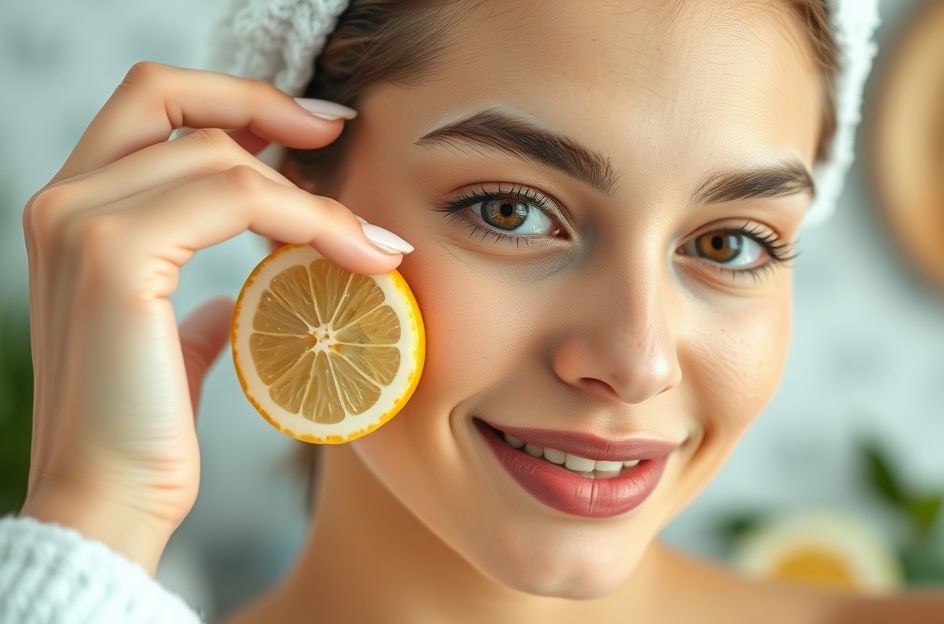Acne is a common skin condition affecting people of all ages, primarily manifesting as pimples on the face, neck, and back. It arises from a disorder of the sebaceous glands, which secrete an oily substance. When these glands become clogged, it leads to the formation of acne. While acne vulgaris is most prevalent among adolescents, several factors contribute to its development.
The exact cause of acne remains elusive, but key contributing factors include heredity, oily skin, and androgen hormones. Other potential triggers encompass allergies, stress, certain medications, nutritional deficiencies, liver dysfunction, exposure to environmental pollutants, cosmetic products, and hormonal fluctuations associated with the menstrual cycle.
The skin plays a crucial role in eliminating toxins from the body through sweat. When the body’s toxic load exceeds the capacity of the kidneys and liver, the skin steps in to assist. As toxins are expelled through the skin, they can compromise its health and integrity, potentially exacerbating skin problems.
Consider these natural wellness recommendations for managing acne. Note that consistent application over several weeks is usually needed before you see results.
Apply distilled white vinegar (diluted if necessary) to affected areas for 5-10 minutes, then rinse with cool water. Acetic acid is believed to have antibacterial properties that may help control acne.
Citric fruits such as lemon juice can act as natural exfoliants, removing dead skin cells that clog pores. Apply lemon juice to the face, let it dry for approximately 10 minutes, and then rinse with cool water. Dilute the juice if you experience any stinging.
Increase your water intake. Water aids in flushing out toxins and facilitating nutrient transport throughout the body.
Consume a balanced diet to ensure optimal nutrition. Supplement with a high-quality multivitamin and mineral supplement to address any nutritional gaps in your diet.
Herbs like Echinacea or Oregon grape can support the immune system and combat acne-causing bacteria.
Dandelion, burdock root, or red clover may assist in maintaining liver health and preventing toxic overload.
Herbal combinations can also aid in cleansing and detoxifying the liver, potentially reducing acne. Always consult with a healthcare professional before starting any new herbal supplement regimen.
High doses of vitamin A have been used to treat severe acne, but it should only be taken under the guidance of a healthcare provider due to potential toxicity.
Consider supplementing with zinc, which supports tissue healing and helps prevent scarring. Zinc also plays a role in immune function and reducing inflammation.
Explore homeopathic acne remedies to help dry up pimples and prevent future outbreaks. As with any treatment, consult with a healthcare professional for personalized advice.
